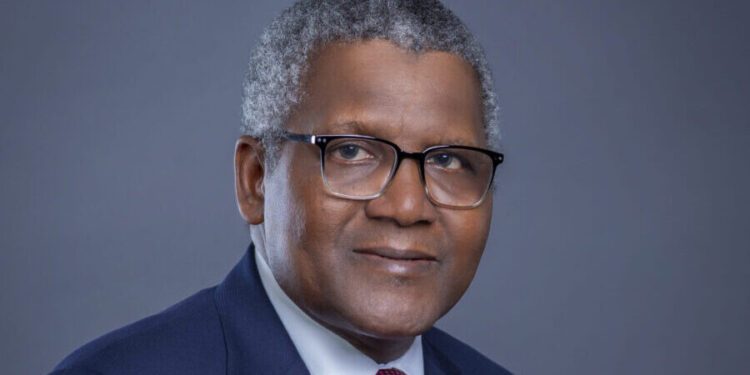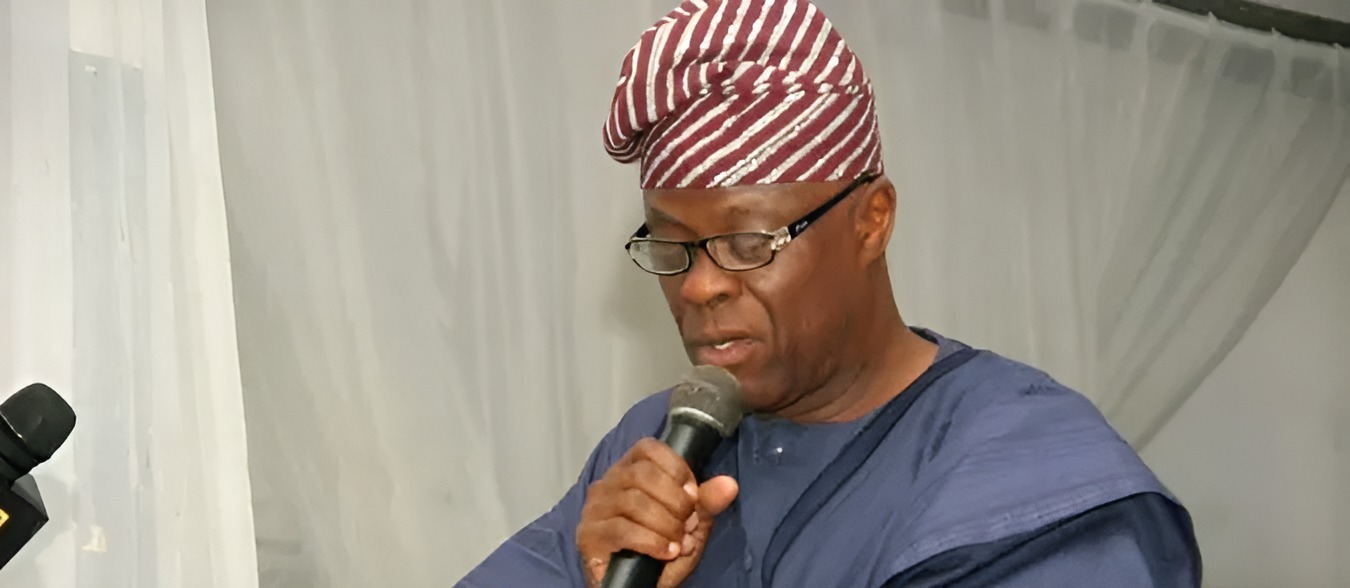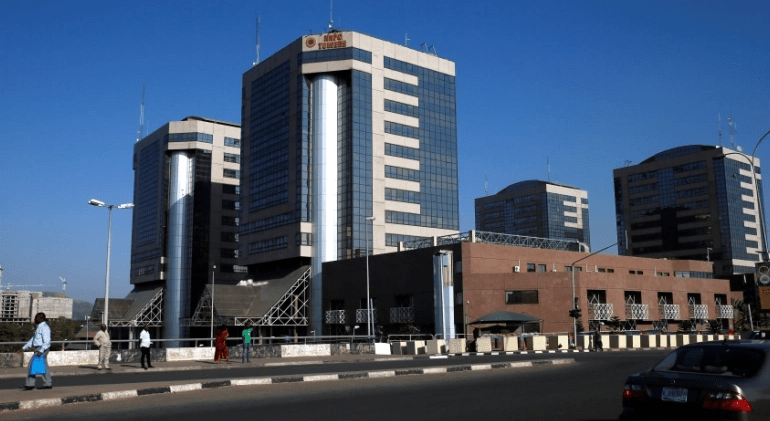•Adedeji declares illicit financial flows threaten fiscal stability
James Emejoin Abuja
Minister of Finance and Coordinating Minister for the Economy, Mr. Wale Edun, yesterday disclosed that the country loses about $15 billion annually to profit-shifting and adverse tax avoidance practices, especially by some multinational corporations transacting in the country.
Profit shifting is when multinational companies reduce their tax burden by moving the location of their profits from high-tax countries to low-tax jurisdictions and tax havens.
Speaking at the opening of the national conference on Illicit Financial Flows (IFFs) with the theme, “Combating Illicit Financial Flows: Strengthening Nigeria’s Domestic Resource Mobilisation” in Abuja, the minister said huge sums of money are moved out of the country, robbing the country of resources that could be used to finance the much-needed public services.
This comes as Executive Chairman, Federal Inland Revenue Service (FIRS), Dr. ZacchAdedeji, described IFFs as one of the most critical challenges threatening Nigeria’s fiscal stability, calling for urgent action to safeguard national resources, and build a resilient, equitable future.
However, the minister said these adverse tax transactions had resulted in fewer hospitals, schools, roads, and bridges, and police officers on the streets as well as undermined jobs creation and poverty eradication.
Represented by the Minister of State for Finance, Dr. Doris Uzoka-Anite, Edun however, pointed out that the country, under President Bola Tinubu, is undergoing strategic fiscal reforms aimed at building a resilient, self-reliant economy driven by revenue and not by debt or by grants.
He said IFFs remained a critical issue and one of the most urgent challenges currently facing the country, and continues to undermine the country’s development efforts as well as undermine economic sovereignty.
Stressing the need to protect and retain wealth generated within borders, he said illicit financial flows are the “in-between pipes of our national wealth”.
Edun said, “They undermine revenue generation, erode tax bases, promote corruption, and reduce the resources available for critical investments in health, education, infrastructure, and social protection.
“This gathering reflects a growing recognition that illicit financial flows are not just a technical problem, they are a political problem, a developmental problem, and a national security concern.
“Illicit financial flows is a hydra-headed monster about to be evacuated and it takes various forms, from terrorist financing to corporate tax evasions. And since we are here at an event organized by the tax plan, we will focus our efforts and our attention on conversations around tax avoidance and tax evasion.”
The minister further noted that Nigeria had heavily relied on oil revenue which had been volatile and unsustainable, adding that the current reforms recognised the urgent need to diversify the revenue base, shifting focus on oil and non-oil resources, particularly tax revenue.
He said by strengthening tax systems, the government seeks to create a more inclusive and accountable fiscal framework, one capable of funding national development, reducing debt dependency, and ensuring that all sectors contribute their inclination to it.
Edun further stressed that the recent accents to the four landmark tax reform bills by the President was unprecedented and marked a significant step forward in realising the government’s vision.
He said these laws aimed to simplify the tax system, remove vacancies, and improve tax payers’ confidence.
He said, “But you will all agree with me that laws alone are not enough, and that is why we are gathered here to align policy, enforcement, and institutional efforts across the board…”
In his remarks, Executive Chairman, Federal Inland Revenue Service (FIRS), Dr. ZacchAdedeji, described IFFs as one of the most critical challenges facing the economy, and stressed the urgent need to safeguard national resources, and build a resilient, equitable future.
Adedeji said illicit financial flows through tax evasion, profit shifting, money laundering, and trade mis-invoicing do not merely represent financial wrongdoing but constitute structural drain on the economy, and depriving government the resources needed for inclusive development.
He said, “Each unaccounted dollar undermines governance, erodes trust, and translates into lost infrastructure, inadequate public services, and deepening inequality.
“The scale of these flows, especially through aggressive tax avoidance by multinationals exploiting opaque global arrangements, continues to threaten Nigeria’s fiscal stability.
“Like many other resource-constrained nations, we lose billions annually through these illicit conduits—making this conference not just a policy dialogue, but a national imperative. Under President Bola Ahmed Tinubu’s Renewed Hope Agenda, we have entered a new era of fiscal reform.”
The FIRS chairman emphasised that the current tax reforms efforts signals the present administration’s strong commitment to overhauling our tax system, modernising the legal framework, and institutionalising transparency in revenue collection.
He said, “But legal reform is only a starting point. To deliver on its promise, we must reinforce enforcement, optimise digital compliance, and build public trust through fairness, predictability, and strategic communication.
“At the Federal Inland Revenue Service, we are responding with a deliberate, multidimensional strategy. First, we are championing voluntary compliance by promoting taxpayer education and simplifying systems. Our goal is to foster a culture where compliance is driven by trust, not fear.”
In her keynote address, Member of Mbeki High Level Panel on Illicit Financial Flows, Hon. Irene Ovonji-Odida, said the global economic system plays a core role in the ‘underdevelopment’ of Africa via governance of its pillars that included trade, debt, banking, finance, taxation among others.
She said billions are lost to trade mispricing from 2001-2010, stating that organised crime drove 30 per cent of IFFs while 5 per cent from official government bribery.
Citing a report, she said, “IFFs undermined development, security, and governance and public expenditure in critical sectors such as education, health, and natural resources.
“The power dynamics and confluence of vested interests between global corporations, states, professional enablers, and organized criminals make IFFs a complex, highly technical, and political phenomenon.
“Unlike the approach of western-led global institutions which emphasize organized crime and corruption aspects of IFFs, the Mbeki Panel and AU broke new ground in its broad framing of IFFs, including activities that without necessarily being illegal subvert the intent of the law, or exploit legal loopholes and mis-alignment between national tax laws of different countries, to aggressively minimise tax liability and prevent fair taxes from being paid to jurisdictions where profits are made.”
Ovonji-Odida stated that recent international tax reform efforts aimed to correct historical imbalances rooted in colonial and post-colonial structures.
She said the UN Tax Framework Convention supported by developing countries would signify a shift towards rebalancing global economic governance.
According to her, the abuse or use of loopholes and weak global frameworks in the global tax system by rich governments, MNCs and HNWIs is facilitated by globalisation and digitalization of the economy.
She said the nature of IFFs, with vested interests and technicalities, are highly secretive and difficult to track, particularly when involving complex transactions and intra-group trade within global conglomerates.
She said, “These initiatives have significant implications for domestic tax processes and national development. Africa needs to strengthen its strategic engagement in this process.
“What is at stake is for Africa and the Global South in general, is fair allocation of taxing rights to increase DRM for investment in public goods in an unfair international tax system that entrenches asymmetries between advanced economies MNCs and the ultra-wealthy on the one hand, and developing economies, domestic enterprises and ordinary citizens on the other.”




